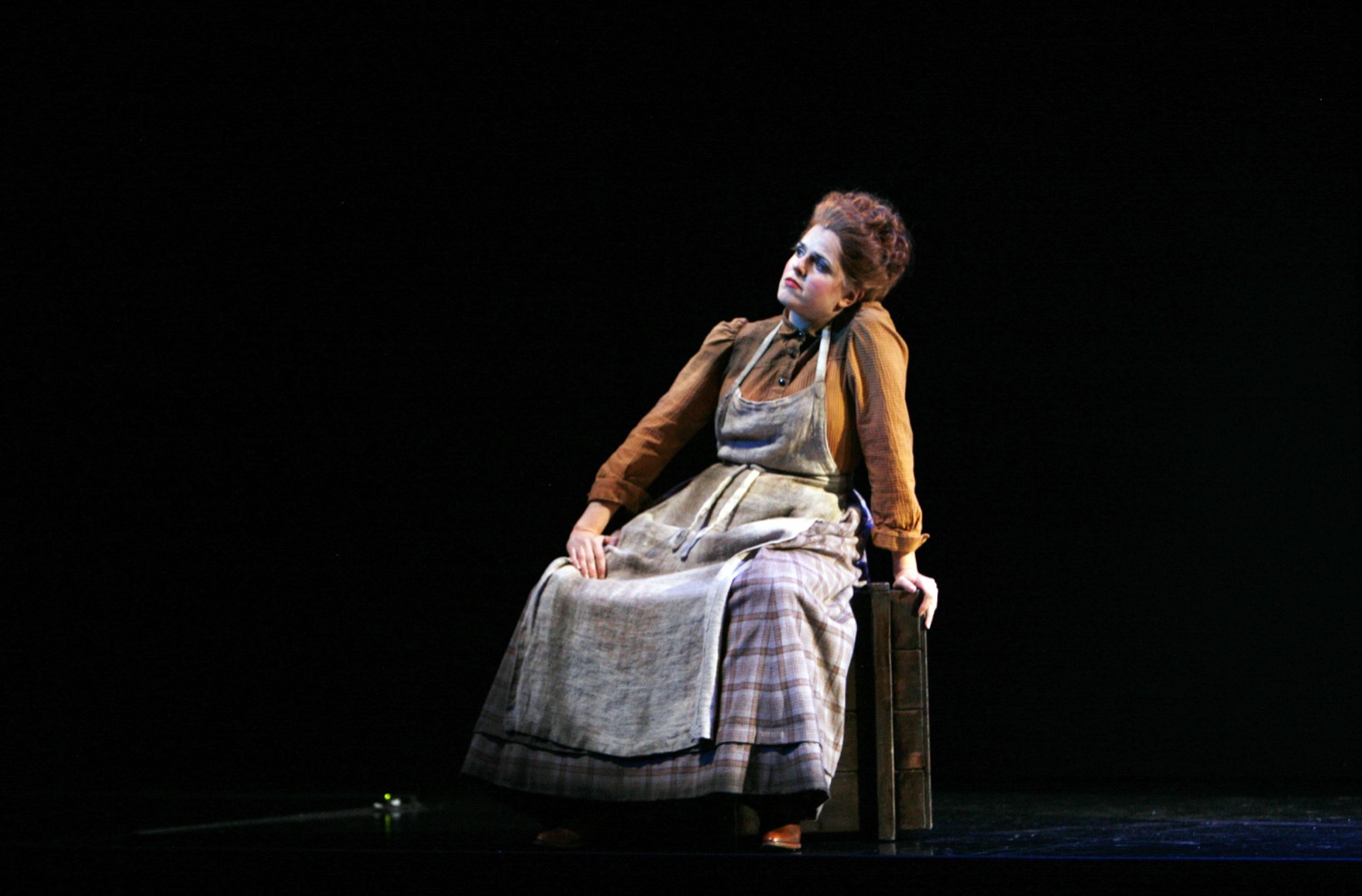To train the singing instrument, one must start by training the singer.

Development of the voice takes time, patience, focussed guidance, and productive practice. I believe teaching singing is a balance between developing a technique, building and strengthening the voice, fostering a kinaesthetic and mental relationship with that voice, and learning repertoire to maintain connection with the art form. No two singers learn the same way and therefore each individual student is approached uniquely. While my methodology is consistent, it remains flexible to handle various stages of vocal development, multiple genres and voice types, and the technical challenges that present themselves. My methodology is also open to change as I feel teaching style evolves with experience, practice, and empirical knowledge.
I promote a safe learning environment to inspire vulnerability and confidence in the student, both of which are necessary to learn (or unlearn) technical habits. My primary goal is to create freedom of sound, because when vocal function is uninhibited, true communication can occur. I further believe that a solid vocal technique is fundamental to achieving this goal.
True technical proficiency is built over a period of time through instruction and practice. While I empower students with factual knowledge about anatomy, physiology, and acoustics, I also strive to uncover and utilise their best learning method. By creating imagery-based connections for visual learners or physical gestures for kinaesthetic types, I find students are more able to connect with and manage an instrument they cannot see. For this reason, enquiry is a substantial part of my methodology. I routinely ask students to reflect upon their vocal function, to “check-in” with their body when producing tones, and to identify what does and what does not work when singing. Through self-reflection, evaluation, and awareness, a student grows exponentially by recognising their critical role in their own development.
I continue to build my knowledge base through my practice as a performing artist, my engagement with colleagues both at the VCA and in my worldwide artistic community, through attending seminars and lectures, and by ceaselessly reading pedagogical texts, articles, theses, and online forums. My personal development is essential to offering the most up-to-date, educated, and inspiring concepts to my student body. The more I know, the more I have to give.
My goal as a performing artist has always been to communicate through music.
My goal as a teacher remains the same.